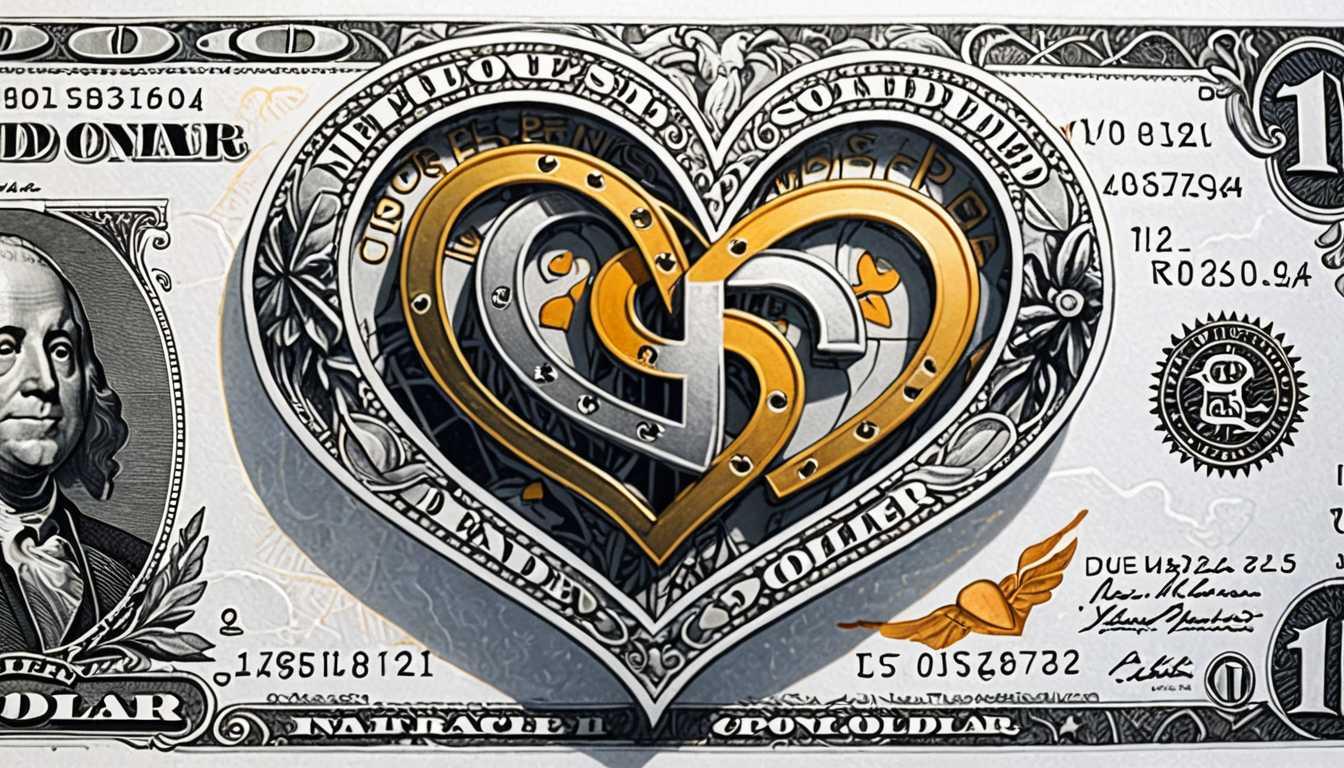Turning Tides: Fair Play in Customer Service
September 2023
London School of Economics (LSE)
Introduction
Dive into the world of frontline heroes facing the dragon of customer incivility, as explored by the London School of Economics. Discover how, instead of bowing down to the fiery demands of unruly customers, a shield of constructive resistance could save the day—and the company's image. It's not just about keeping the peace; it's about fairness, respect, and the unexpected power of standing firm. Ready to see how turning the other cheek could actually mean standing your ground? This article is your gateway to a new strategy in customer service warfare.
READ FULL ARTICLEWhy It Matters
Discover how this topic shapes your world and future
Navigating the Stormy Seas of Customer Service
Imagine you're on the front lines in a store, restaurant, or any service-related job, and you encounter a customer whose behavior is less than polite—actually, let's call it what it is: uncivil. This scenario isn't just about a single unpleasant interaction; it's a complex challenge with wide-reaching implications for employees, other customers, and the organization itself. The way organizations respond to such behavior matters greatly. It can influence their reputation, employee satisfaction, and even their bottom line. For you, understanding this topic is crucial because it's about more than just business. It's about fairness, respect, and the kind of society we want to live in. It's about learning how to stand up for yourself and others in a constructive way, a skill that will serve you well in any career or life situation you might find yourself in.
Speak like a Scholar
Uncivil Behavior
Actions that are rude, disrespectful, or otherwise violate social norms.
Constructive Resistance
A strategy to address negative situations by actively seeking solutions that adhere to fairness and rules, rather than passively accepting the situation.
Frontline Employees
Workers who interact directly with customers, providing services and support.
Customer Observers
Individuals who witness the interactions between employees and customers, including uncivil behaviors.
Social Norms
Accepted behaviors and practices within a society or group.
Perception of Fairness
How individuals judge actions and outcomes as fair or unfair based on their values and beliefs.
Independent Research Ideas
The Psychology of Uncivil Behavior in Public Spaces
Dive into why some individuals may choose to act uncivilly towards employees in service settings. What psychological factors contribute to such behavior?
The Ripple Effect - How Observing Incivility Affects Bystanders
Investigate the impact on customers who witness uncivil behavior towards employees. How does it affect their perception of the company and their own behavior?
Cultural Differences in Perceptions of Customer Service
Explore how expectations and perceptions of customer service vary across different cultures. How do these differences influence the occurrence and handling of uncivil customer behavior?
The Role of Social Media in Amplifying Customer Incivility
Examine how social media platforms can escalate incidents of customer incivility and the strategies companies can use to manage their online reputation.
Employee Empowerment and Constructive Resistance
Research the effects of empowering employees to use constructive resistance strategies. How does it impact their job satisfaction, performance, and overall company culture?
Related Articles

Ads Unleashed: The Government's Surprising Role
May 2024
JSTOR Daily

Building Loyalty: The Power of Goodwill
December 2024
LSE Business Review

The New Tipping Etiquette: Unraveled
December 2023
Harvard University

Entrepreneurship: Is It in Your Blood?
April 2023
London School of Economics (LSE)

Mouse Tracks: Shopping's Secret Decoder
September 2023
Cornell University